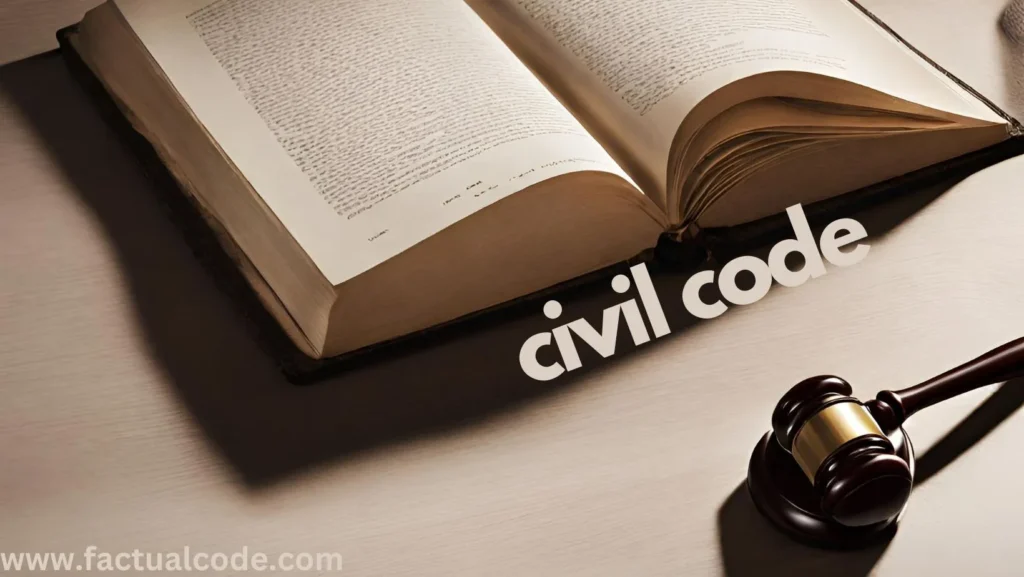Definition and Importance
Subject matter jurisdiction refers to the authority of a court to hear and decide cases of a specific type or involving particular legal issues. This principle is essential for maintaining judicial efficiency and ensuring that cases are adjudicated by appropriately empowered courts.
Relevant CPC Sections
The Code of Civil Procedure (CPC), 1908, outlines key provisions related to subject matter jurisdiction:
Section 9: Establishes the jurisdiction of civil courts for all suits unless explicitly barred.
Section 15: Stipulates that suits must be filed in the court of the lowest grade competent to try them.
Sections 16 to 20: Provide rules for territorial and pecuniary jurisdiction.
Types of Jurisdiction
Subject matter jurisdiction can be distinguished from other types of jurisdiction:
Civil Jurisdiction: Determined by the nature and monetary value of disputes under Sections 15 to 20 of the CPC.
Criminal Jurisdiction: Based on the severity of the offense as per the BNSS.
Hierarchical Structure of Courts
The Indian judicial system operates in a hierarchical structure:
Supreme Court: Original jurisdiction for state disputes and enforcement of fundamental rights, appellate jurisdiction, and advisory roles.
High Courts: Original jurisdiction for civil and criminal cases within the state and appellate supervision over subordinate courts.
Subordinate Courts: District courts handle significant matters, while magistrates address less complex cases.
Conclusion
Subject matter jurisdiction plays a vital role in ensuring that disputes are resolved by competent courts, thereby promoting judicial efficiency and maintaining public confidence in the legal system.

